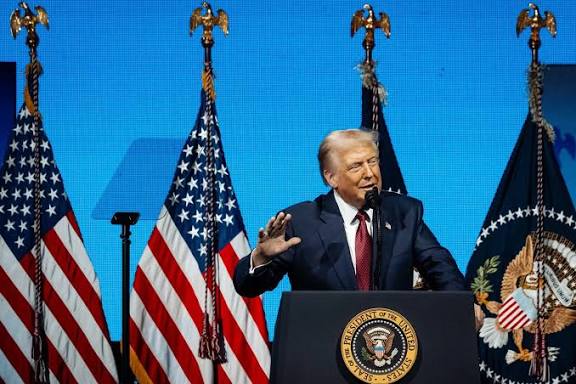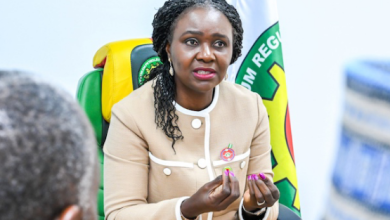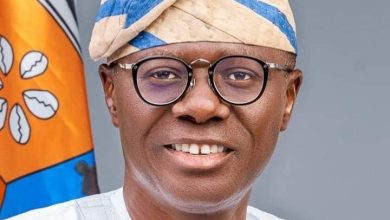Fitch Solutions predicts U.S.-Nigeria relations will survive Trump’s threats of military action

Despite escalating tensions following U.S President Donald Trump’s recent threats of military intervention over the alleged persecution of Christians in Nigeria, experts say a complete breakdown in bilateral relations between the two nations is unlikely.
On October 31, 2025, Trump announced that Nigeria would be placed on the U S. Department of State’s list of “Countries of Particular Concern” (CPC), alongside nations such as Mainland China, Myanmar, North Korea, Pakistan, and Russia.
He also suggested that the U.S. could consider airstrikes or even deploy troops to defend Christians in Nigeria, prompting global concern.
However, Fitch Solutions, a financial intelligence and risk analysis company, has argued that while the move heightens diplomatic tensions, it is unlikely to derail Nigeria’s long-term engagement with the U.S.
The company noted that Nigerian authorities have consistently maintained that the violence in the country is primarily driven by criminal gangs and jihadist insurgents, not state-sponsored persecution of Christians.
“Claims about the targeting of Christians are strongly contested by local officials,” Fitch noted in its analysis.
Citing data from the Armed Conflict Location & Event Data (ACLED) project, the company highlighted that only 2.5 per cent of the 1,923 attacks on civilians in Nigeria this year specifically targeted Christians on religious grounds.
Fitch added that the controversy could, however, push Nigeria to strengthen its ties with Mainland China, particularly if any U.S. action is taken in a non-cooperative manner.
The company warned that unilateral military moves could harm Nigeria’s political risk profile and investor confidence, potentially affecting growth projections.
The report also raised concerns about a potential $346 million US arms sale to Nigeria, approved by the State Department in August 2025, which could face delays or denial by Congress amid the current tensions.
Fitch emphasised that any U.S. military action would likely require close coordination with Nigerian forces, given the dispersed nature of jihadist groups across Nigeria’s vast territory and the recent withdrawal of U.S. troops from neighboring Niger.
Speaking to AFP, Nigeria’s Foreign Minister Yusuf Tuggar dismissed claims of targeted Christian persecution as misinformation.
“People have been misinformed. There’s a drive towards creating these false narratives in order to, I suppose, debilitate Nigeria,” he said.
Tuggar stressed that the Nigerian government remained open to international cooperation to tackle security threats but insisted that Nigerian forces must lead any operations.
He added that Nigeria continues to confront multiple security crises, including insurgencies in the northeast, banditry in the northwest, and terrorism along its borders.
“Sometimes with a lot of success, sometimes we have setbacks due to exogenous factors, not due to something that we’re doing wrong,” he explained.
Tuggar confirmed ongoing talks with US officials aimed at cooperation on security matters.
He expressed hope that the upcoming U.S. House of Representatives Subcommittee on Africa hearings would provide Nigeria with a fair opportunity to present its perspective, emphasizing the government’s commitment to combating terrorism and insurgency.
With a population of 230 million divided roughly between a Christian-majority south and Muslim-majority north, Nigeria remains a key regional player.
Its northeast has been embroiled in jihadist conflict since 2009, resulting in over 40,000 deaths and the displacement of approximately two million people.
The violence has also affected neighboring Niger, Chad, and Cameroon, prompting the formation of a regional military coalition to combat jihadist threats.
While Trump has described Christianity in Nigeria as facing an “existential threat” and warned of “fast, vicious, and sweet” U.S. military action if killings continue, Nigerian authorities maintained that collaboration, not confrontation, is the preferred path forward.



